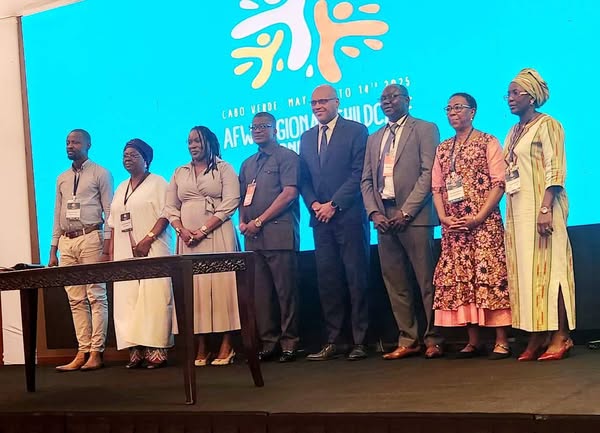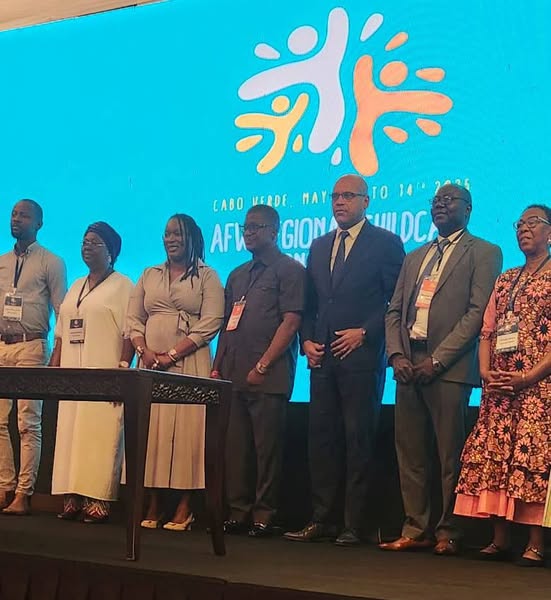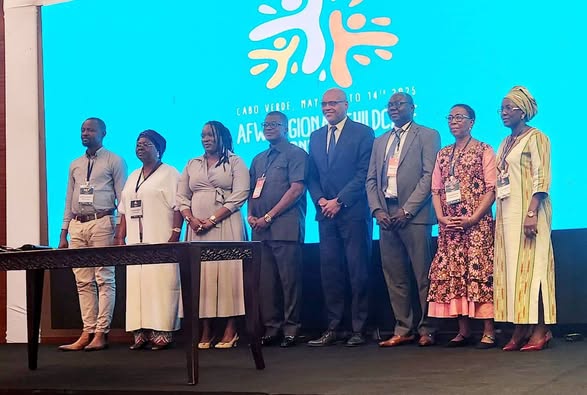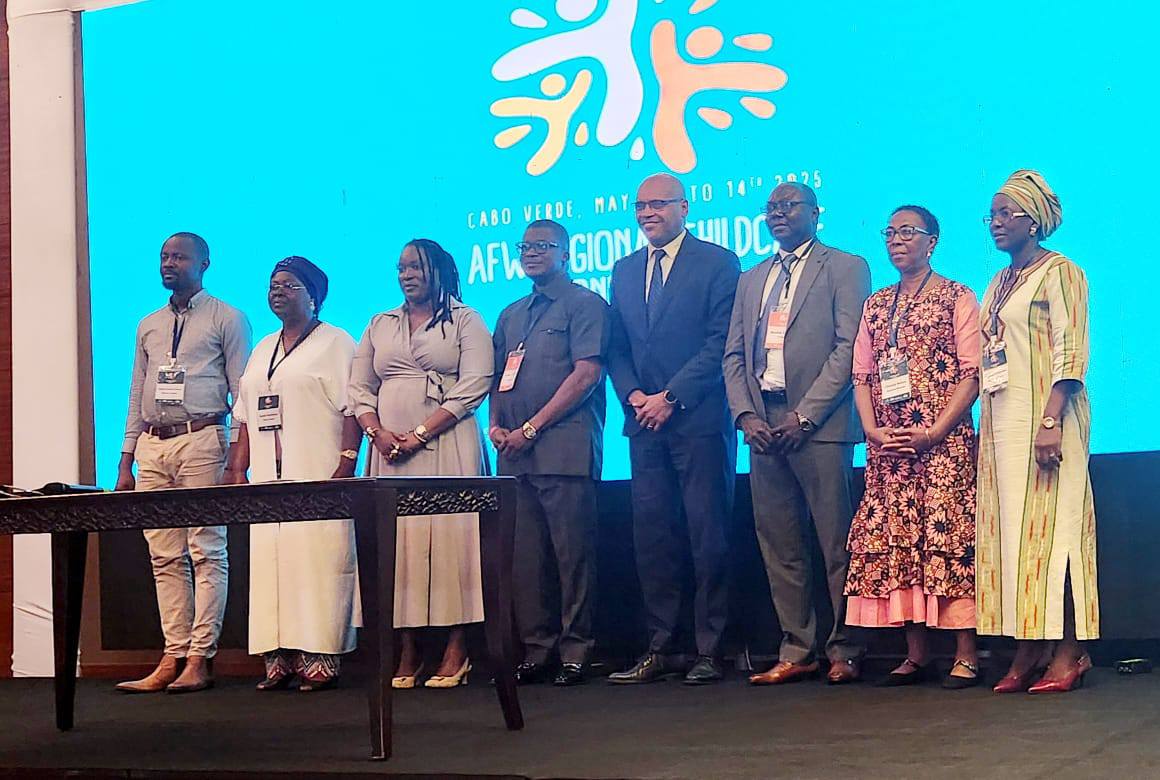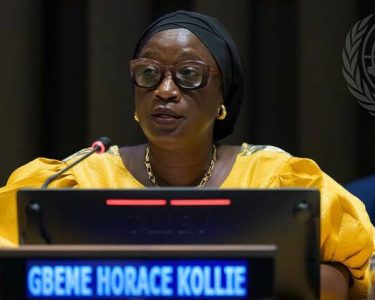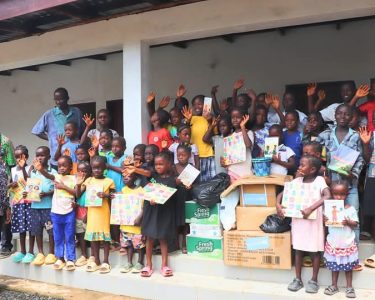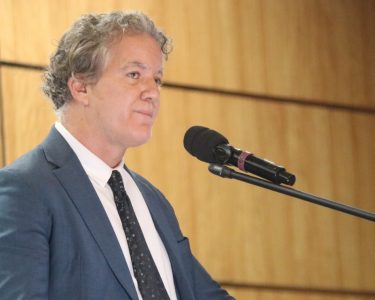The Ministry of Gender, Children and Social Protection (MoGCSP) has joined West African nations in a unified commitment to prioritize childcare as a key strategy for human capital development and inclusive growth. This commitment was adopted during the High-Level Dialogue on Childcare held in Sal, Cape Verde, where regional representatives convened to chart a new course for early childhood care.
Representing Gender Ministry was Hon. Curtis Dorley, Deputy Minister for Research, Policy, and Planning at the Ministry of Gender, Children and Social Protection. Deputy Minister Dorley played a pivotal role in shaping the regional agreement, now known as the “SAL Declaration.”
The declaration underscores affordable, quality childcare as essential to building resilient, productive societies. It frames childcare as a strategic investment with broad benefits across early childhood development, women’s economic empowerment, labor participation, and social cohesion.
“We reaffirm our commitment to invest in children’s development by placing childcare at the center of our human capital development agenda,” the declaration states. It sets forth ambitious goals, including:
* Integrating childcare into national human capital, education, labor, and social protection frameworks;
* Developing inclusive childcare approaches by 2026, tailored to local contexts;
* Expanding access to diverse models such as home-based, public, and community-based services;
* Promoting childcare as a catalyst for decent jobs, especially for women and youth;
* Increasing domestic investment in early childhood care and development by 2030;
* Strengthening national data systems and encouraging regional knowledge sharing.
Participating countries also called on international development partners to align support with national childcare priorities and significantly boost technical and financial assistance.
For Liberia, this commitment aligns with national goals to improve education outcomes, reduce gender inequalities, and stimulate economic participation, particularly in underserved and rural areas.
“This declaration reflects a shared understanding that childcare is not only a social issue but a foundation for economic growth and national development,” said Deputy Minister Dorley. “By committing to stronger childcare systems, we are investing in a more inclusive and prosperous future for all Liberians.”
The delegation further drafted and approved immediate actions that should be undertaken by members states, including advancing Early Childhood Education (ECE) policies and regulations for children aged 0–5, which will incorporate childcare services for children aged 0–3; initiating discussions between the Ministries of Education and Gender and the World Bank on expanding the EPAG ECD program in rural areas, with the goal of securing World Bank financing; and reviewing the new National Development Plan to identify opportunities to expand childcare access.
The SAL Declaration aligns with Africa’s Agenda 2063, particularly Aspiration 1—envisioning inclusive growth and sustainable development, and Aspiration 6, which focuses on people-driven development powered by women, youth, and well-cared-for children.
As Liberia moves forward with this commitment, stakeholders anticipate that a strong, context-sensitive childcare system will foster a more equitable and resilient society, one where every child thrives and every parent, especially mothers, can fully engage in economic and social life.
Communication Unit
MoGCSP
